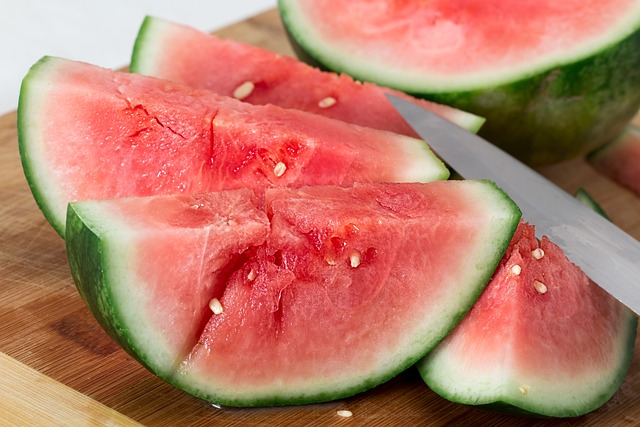Probiotics 101: A Beginner’s Guide to Harnessing Nature’s Good Bacteria
Welcome to the beginner’s guide to probiotics – nature’s powerhouse that can positively impact your gut health and overall well-being! Probiotics, often referred to as “good bacteria,” are live microorganisms that provide numerous health benefits when consumed in adequate amounts. In this article, we will delve deeper into what probiotics are, their benefits, and how you can incorporate them into your daily routine to optimize your health.
Understanding Probiotics:
Probiotics come in various forms, including certain types of bacteria and yeasts, which are naturally found in some fermented foods or supplements. They act as the body’s internal line of defense, working alongside the trillions of bacteria already present in your gut, collectively known as the gut microbiota.
The gut microbiota is a complex community of microorganisms unique to each individual, and it plays a crucial role in maintaining a healthy digestive system, supporting the immune system, producing essential nutrients, and even influencing mental health.
Introducing probiotics into your diet helps maintain a balanced gut microbiota, improving the overall harmony and functionality of your digestive system. These beneficial bacteria can help combat harmful pathogens, aid in the digestion of certain foods, and regulate bowel movements.
The Benefits of Probiotics:
Probiotics offer a myriad of advantages that span beyond improving digestion. Let’s explore some of the top benefits:
1. Enhanced Digestive Health:
Probiotics promote the balance of good bacteria in your gut, which can alleviate common digestive issues such as diarrhea, constipation, bloating, and irritable bowel syndrome (IBS). They also enhance the absorption of nutrients from the food you consume, ensuring optimum benefits from your diet.
2. Strengthened Immune System:
Approximately 70% of the immune system resides in the gut. By optimizing your gut health with probiotics, you may experience a strengthened immune system, reducing the frequency and severity of infections, such as the common cold and other respiratory illnesses.
3. Improved Mental Well-being:
Emerging research suggests a strong connection between the gut and the brain, known as the gut-brain axis. Probiotics may play a role in positively influencing mood, reducing symptoms of depression, anxiety, and stress. While more studies are needed, the potential impact on mental well-being is promising.
4. Maintenance of Healthy Weight:
Probiotics can aid in weight management and weight loss efforts. Certain strains of probiotics have been found to regulate appetite, reduce fat storage, and even improve insulin sensitivity. However, it is essential to combine probiotic intake with a balanced diet and regular exercise for effective weight management.
How to Incorporate Probiotics into Your Routine:
Now that you understand the benefits of probiotics let’s explore how you can incorporate them into your daily routine:
1. Yogurt:
Yogurt is one of the most well-known dietary sources of probiotics. Look for yogurts that contain live and active cultures on the label. Greek yogurt, kefir, and other fermented dairy products are excellent choices.
2. Fermented Foods:
Explore the world of fermented foods to introduce probiotics to your diet. Sauerkraut, kimchi, tempeh, miso, and kombucha are a few examples of fermented foods packed with beneficial bacteria.
3. Probiotic Supplements:
If it’s challenging to consume enough probiotics through food alone, supplements can be a convenient option. Speak with your healthcare provider to find the right probiotic supplement for your needs.
4. Prebiotic Foods:
Prebiotic foods contain fibers that fuel the growth of probiotics in your gut. Incorporate foods like garlic, onions, bananas, asparagus, and oats into your diet to provide nourishment for the beneficial bacteria.
5. Be Consistent:
Consistency is key when it comes to experiencing the benefits







